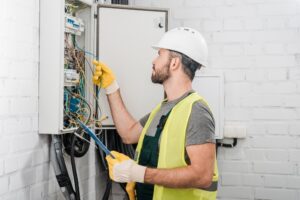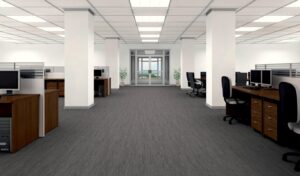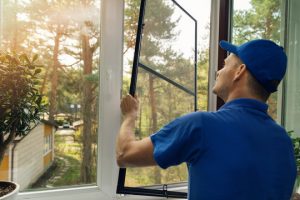
For business owners and property investors, owning and operating a commercial property is a significant investment that requires diligent attention and care. One crucial aspect of maintaining the integrity and safety of these structures is conducting regular building inspections. These thorough examinations play a vital role in identifying potential issues regulations, and safeguarding the well-being of occupants and visitors.
- Ensuring structural integrity and safety
The primary objective of building inspections is to assess the structural integrity of a commercial property. Over time, buildings experience wear and tear, potentially compromising their structural soundness inspections professionals to identify any cracks, deterioration, or weaknesses in the foundation, walls, roofing, or other load-bearing elements. By detecting these issues early, property owners take proactive measures to address them, preventing potential catastrophic safety of those who occupy or visit the premises.
- Compliance with building codes and regulations
Commercial properties are subject to a myriad of vital building inspection codes and regulations that govern their construction, maintenance, and operation. These codes are designed to ensure public safety, accessibility, and environmental sustainability. Building inspections play a crucial role in verifying compliance with these codes and identifying any areas that require attention or upgrades comply with relevant regulations in hefty fines, legal repercussions, and potential closure of the premises.
- Identifying health and safety hazards
Beyond structural integrity, building inspections also focus on identifying potential health and safety hazards within the property. These hazards range from electrical issues, faulty ventilation systems, mold growth, or inadequate fire protection measures. By identifying and addressing these concerns promptly, property owners and create a safer environment for tenants, employees, and visitors alike.
- Enhancing operational efficiency
Regular building inspections contribute to the operational efficiency of a commercial property. Inspectors may uncover issues with heating, ventilation, and air conditioning (HVAC) systems, plumbing, or electrical systems that, if left unaddressed, could lead to higher energy costs, frequent breakdowns, and disruptions to business operations. By addressing these inefficiencies, property owners optimize their energy usage; reduce maintenance costs, and functionality of the building.
- Preserving property value
Commercial properties represent significant investments, and their value is directly influenced by their condition and adherence to building codes and regulations. Regular building inspections help identify and address potential issues before they escalate, ensuring that the property maintains its value over time.
- Minimizing liability risks
Commercial property owners have a legal responsibility to provide a safe environment for tenants, employees, and visitors. Failure to address exposes the owner to liability event of accidents or injuries. Building inspections serve as a crucial step in identifying and mitigating these risks, helping property owners fulfill their legal obligations and minimize the potential for costly lawsuits or compensation claims.
- Maintaining business continuity
For businesses operating within commercial properties, disruptions caused by building-related issues have severe consequences. Unexpected closures, power outages, or safety hazards lead to lost productivity, revenue losses, and damage to the company’s reputation. Regular building inspections help identify and address escalate, minimizing the risk of disruptions and ensuring business continuity.
- Extending the lifespan of the property
Commercial properties represent substantial investments, and maximizing their lifespan is a priority for owners. Building inspections play a critical role in identifying areas that require maintenance, repair, or replacement major issues. By addressing these concerns proactively, property owners extend the lifespan of their buildings, avoiding costly renovations or replacements down the line.





